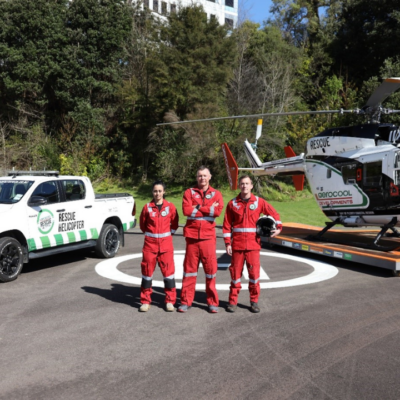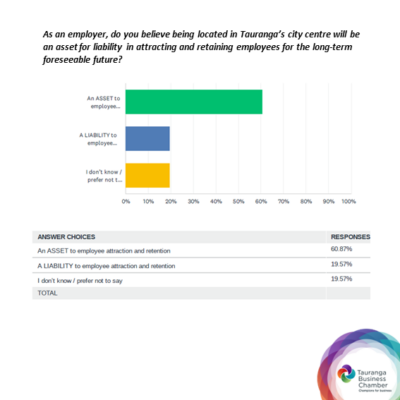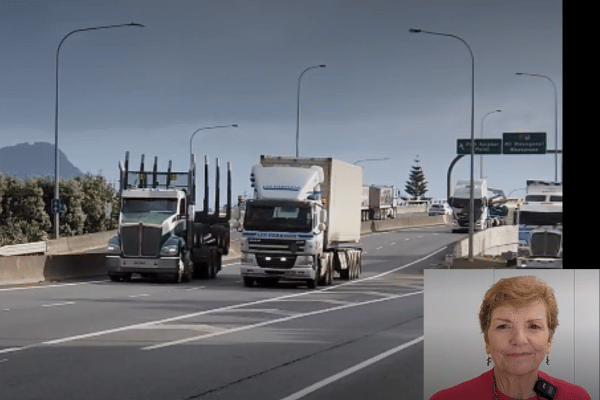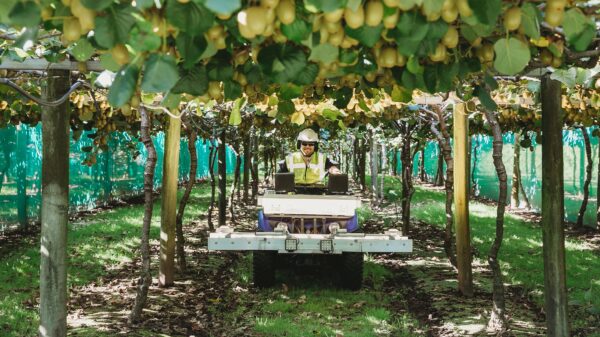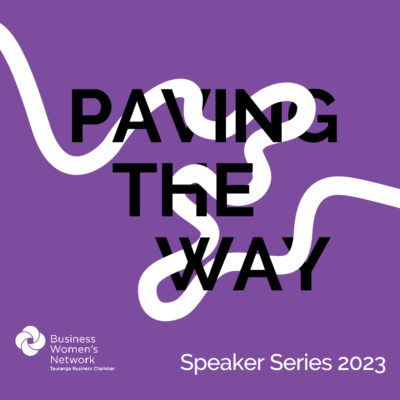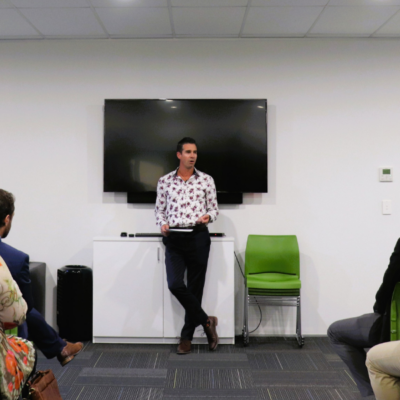Last month, the Government announced their Clean Car Discount to help make it cheaper for New Zealanders to switch to an electric vehicle (EV) or plug-in electric hybrid vehicle (PHEV).
Starting July, 1 2021, a discount of up to $8625, in the form of rebate, is available for imported new and used light EVs and PHEVs registered between 1 July and 31 December 2021.
You can read the update in full here.
Blair Woolford (pictured), General Manager for Audi, VW & Skoda at Farmer Autovillage, anticipates the subsidy will provide a massive boost in sales for the vehicles that qualify.
“It will be very interesting to see what happens – supply is going to be critical with demand already outstripping inventory.”
Even before the announcement, the team at Farmer Autovillage had been experiencing an increase in enquiries for electric cars, with many seeing the benefit of doing their part for the environment by driving a zero-emissions vehicle. Not only that, but Blair says the driving experience in an electric vehicle is world class.
“An electric vehicle can be quite a rewarding drive as they have instant torque and great throttle response,” Blair explains.
“In the case of the Audi e-tron, they have a very low centre of gravity with the batteries being located in the floor of the vehicle, which enhances the vehicle’s handling. Long term, the running costs are very low with no fuel going in and no road user chargers and, typically, the servicing costs are much lower as there is no servicing of the engine, and less wear and tear on moving components.”
He says the technology in the vehicles has already come leaps and bounds in a few years, and this will only continue to develop further and faster as consumer habits adapt too.
“Going forward, the manufacturers are looking more and more to subscription-based optional equipment – as an example, you might be able to ‘subscribe’ to a more powerful motor for a certain period if you were planning on a long-distance road trip.”
For their part, Farmer Autovillage is helping support and encourage electric vehicle users with the introduction of their new 24 hour-accessible 175kW DC fast charger, the first of its type in the Bay of Plenty – depending on the vehicle, this can give around 300km of range in only 20 minutes.
The team can also offer a free electric drive experience for local businesses where they come to you with a range of electric vehicles for your staff to explore (as an example, they recently did this with the staff at Trustpower).
From the driver’s seat: An electric vehicle user’s perspective
Farmer Autovillage customers, Audi enthusiasts and electric car converts, this local pair* bought their first electric car, the Audi e-tron 55, two years ago when the vehicle was first introduced into the country.
They had been driving an Audi Q7 and looked around at available electric options. Purchased sight unseen or untested, they took the plunge on the e-tron and now drive it as they would the Q7.
“It’s by far our preferred long-distance travel vehicle. We use all the bells and whistles, and drive with confidence. We don’t need to consider efficiency to squeeze every last kilometre out of it.”
They have since bought a second Audi e-tron A3 plug-in hybrid for short trips, such as the school run and grocery shopping, and will be replacing their other main car (Skoda Superb) with a full electric Audi GT in the next month or so.
We asked the pair a quick Q&A to get their insights into what it’s like driving an electric vehicle.
*Names have been excluded to protect client privacy.
Why did you want to purchase an electric vehicle?
We started seriously considering this as an option about four or five years ago. We wanted to make a difference to our large carbon footprint – we drive a lot of kilometres in a year (70,000 across our primary vehicles). We had put in solar to reduce our power bills, but as most of New Zealand’s electricity is renewable, it has little carbon benefit. Car fuel was our most obvious carbon cost.
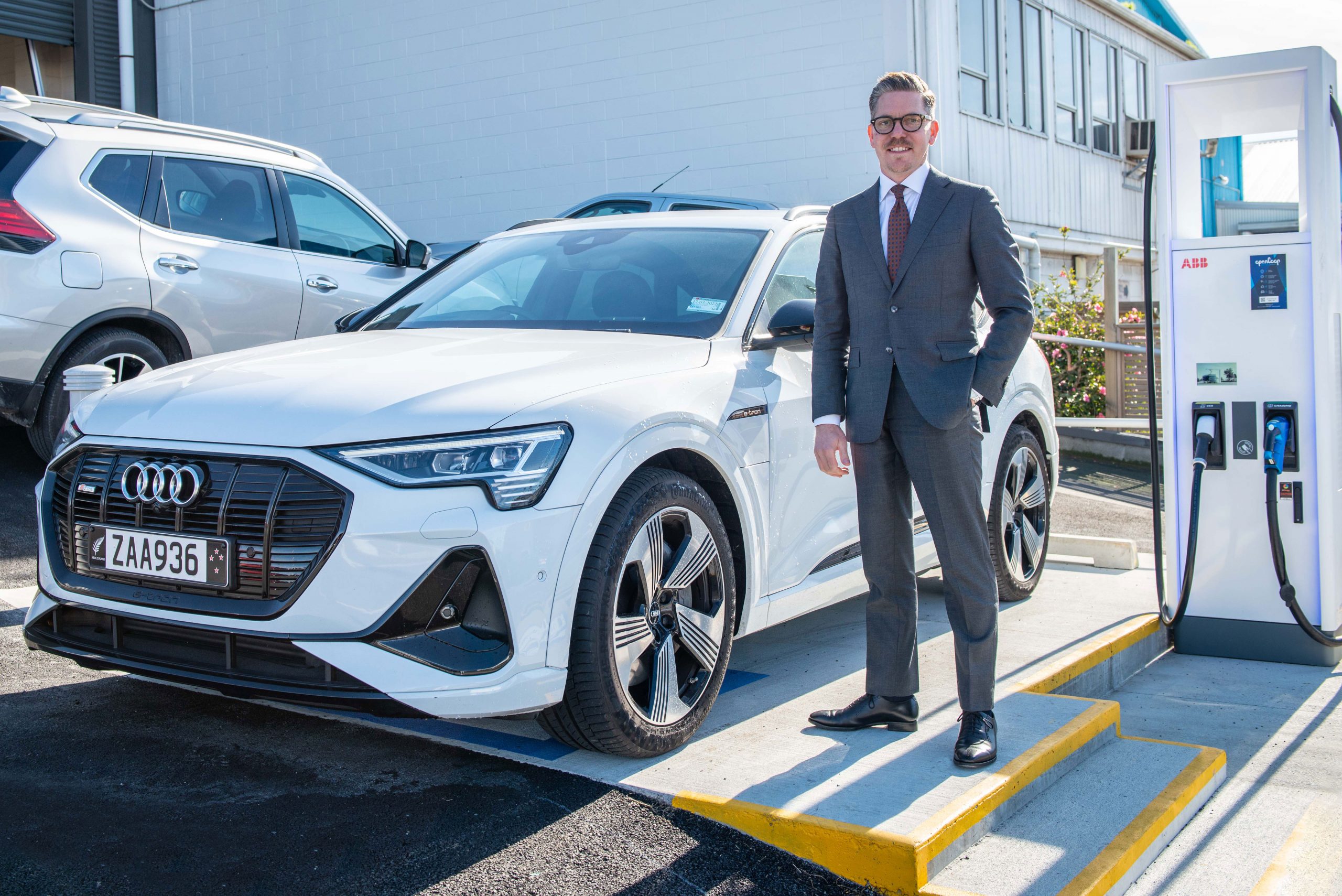
What were your initial thoughts when you took the e-tron for a drive?
Smooth, quiet and powerful. We had expected all of this, but it really took a luxury performance SUV to much a higher level. It felt familiar as much of it was similar to what we knew.
You do get a bit of a fright rolling into the first stop sign… is the engine going? Will it just sit there when I want to go again? It feels the same as if you have stalled a normal car, so takes a bit of adjusting to!
What are some of the benefits for you of driving an electric vehicle?
It really is quiet, so conversation is easy (as easy as it can be with three young ones in the back). Most weeks we do at least one or two three-to-six-hour trips, and it is easy and not at all exhausting.
It is incredibly cheap to run. The electricity cost is around $2.50 per 100km when we charge at home. It’s a bit more when some of that is from a fast charger, but when compared to the $130 to $150 to fill the petrol car, it’s negligible.
We have a day-night EV plan with Meridian that gives us power at 0.12c a KW at night. We also have solar so the sunny days it ‘costs’ us the 0.09c per unit we would have got if we sold it back to the grid. Overall cost of power versus fuel, and road user charges, it has saved us around $11,000 over the last 23 months and around 15 tonnes of CO2 emissions!
What are some of the challenges (if any) that you have had to adapt to?
Longer trips we do have to plan a bit more, so we make sure our breaks for coffee or breakfast etc are close to a fast charger. We tend to top up any time we stop – even if it’s just for 10 to 15 minutes – so we are less reliant on the charger being free at any long stops.
How many kilometres do you typically get on a charge?
When first got it, we were worried about how slow we could charge at home, but quickly realised that even the single phase 32-amp, 7KW charger that came with the car was ample to ensure the car was full by morning most times.
There are good phone apps which show the location of available chargers and, in most cases, if they are in use or not. One trick we learnt is not to worry about the poor range when going uphill because you get it all back on the way downhill through the regeneration.
The new ChargeNet hyperchargers at the top of the Bombays and in Taupo are excellent, and I hope we see more like that. They will charge the e-tron in about half an hour and the Audi GT in about 20 minutes. Auckland is a generally a bit short of paid chargers and the free ones are often busy so expect to wait. The new fast charger at Farmer Autovillage will be a useful fast top up if we need it on the way home.
What would you say to someone thinking about purchasing an electric vehicle?
Enjoy it! You will find it quieter, cheaper to run and feel more luxurious because of the smoothness and the lack of noise.
Our ‘range anxiety’ quickly diminished as we became used to arriving home with less than 50km of range left. The Audi has been exceptional at that range prediction. We have got home with less than 10km on a few occasions. Once you realise that is still enough at the end of the day, that’s all the charge you have to make sure you have.
They drive like a simple automatic – no gears to change, no smelly fuel to pour into it. It’s so cheap to run you will use it more… and they GO!
If you are in the luxury car bracket already, then the cost for electric is not much more for the specs within any of the major brands (Audi, Mercedes, BMW, etc).
Teslas are worth a look at, with some great range and towing ability, but we struggled with the idea that there is no local support. We have always found having someone we can talk to about our vehicle incredibly reassuring for our peace of mind, which is why we purchased our Audi through Farmer Autovillage.
You can find out more about electric vehicles with Farmer Autovillage here.
Want more top tips, advice and insights? Check out our news section.











